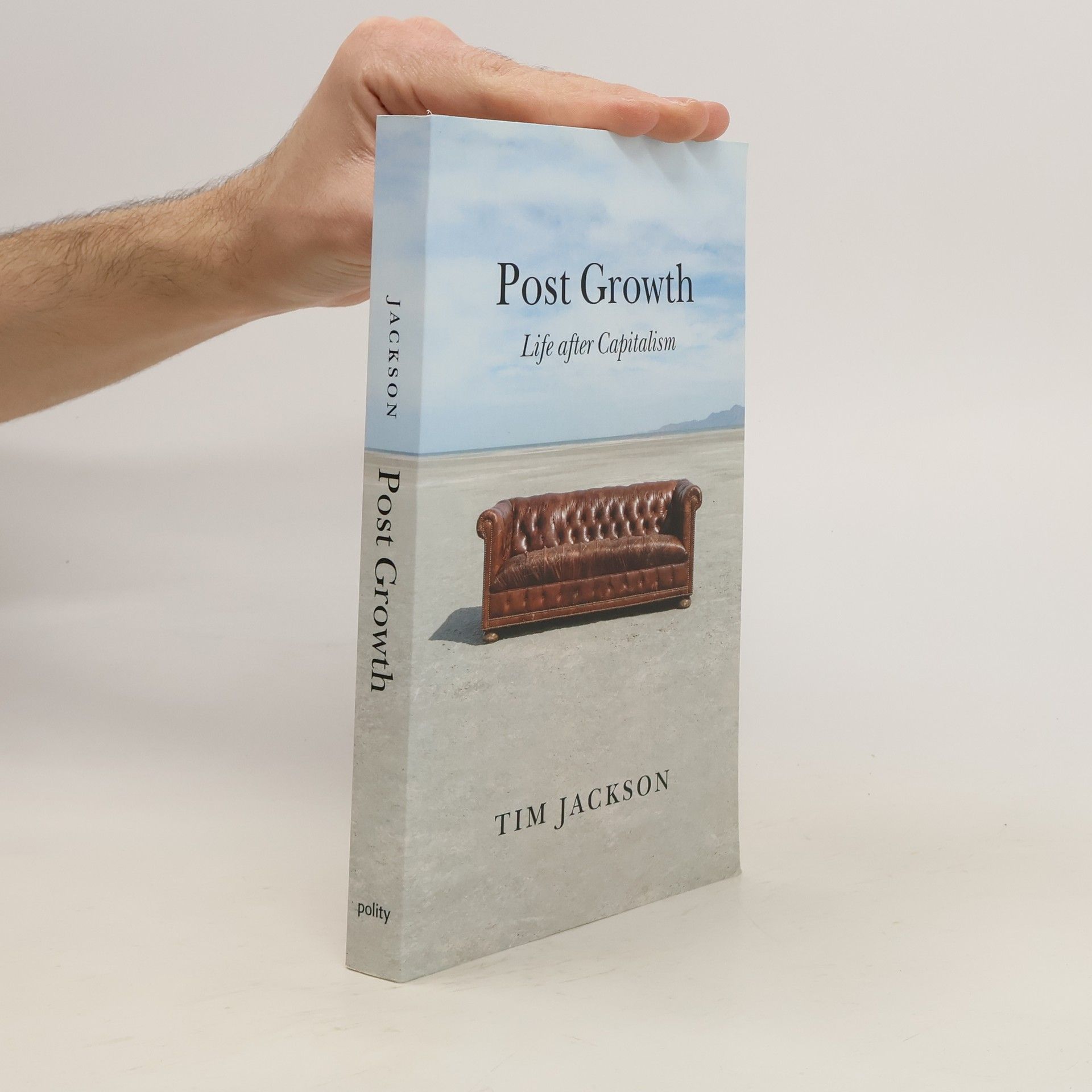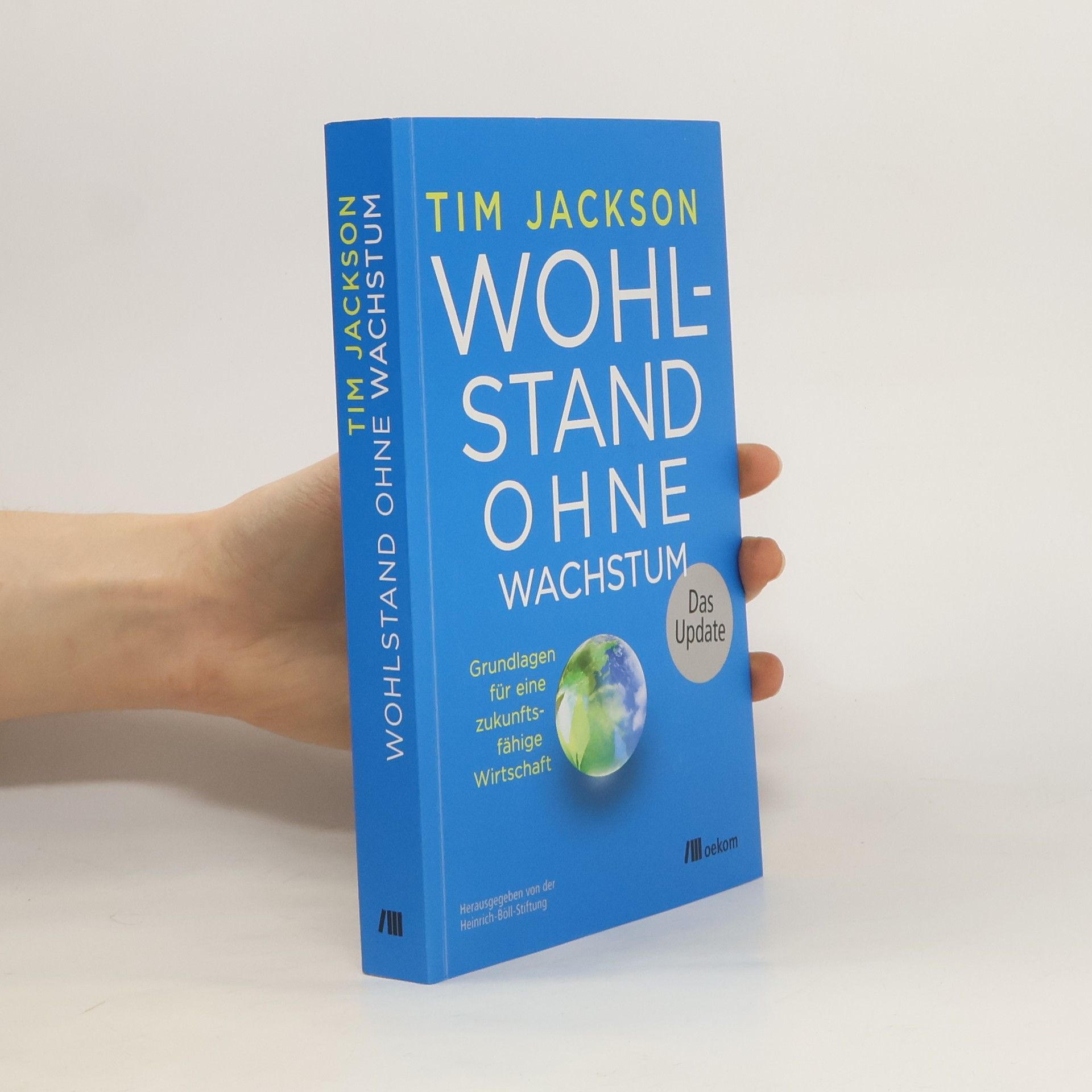Cet ouvrage montre pourquoi et comment il est possible d’adopter un mode de développement radicalement différent, non obsédé par la croissance. Les auteurs, issus d’horizons théoriques et géographiques très divers, abordent de près la question des transitions, afin de dépasser le capitalisme et ainsi nous rapprocher d’un monde soutenable.
Tim Jackson Livres
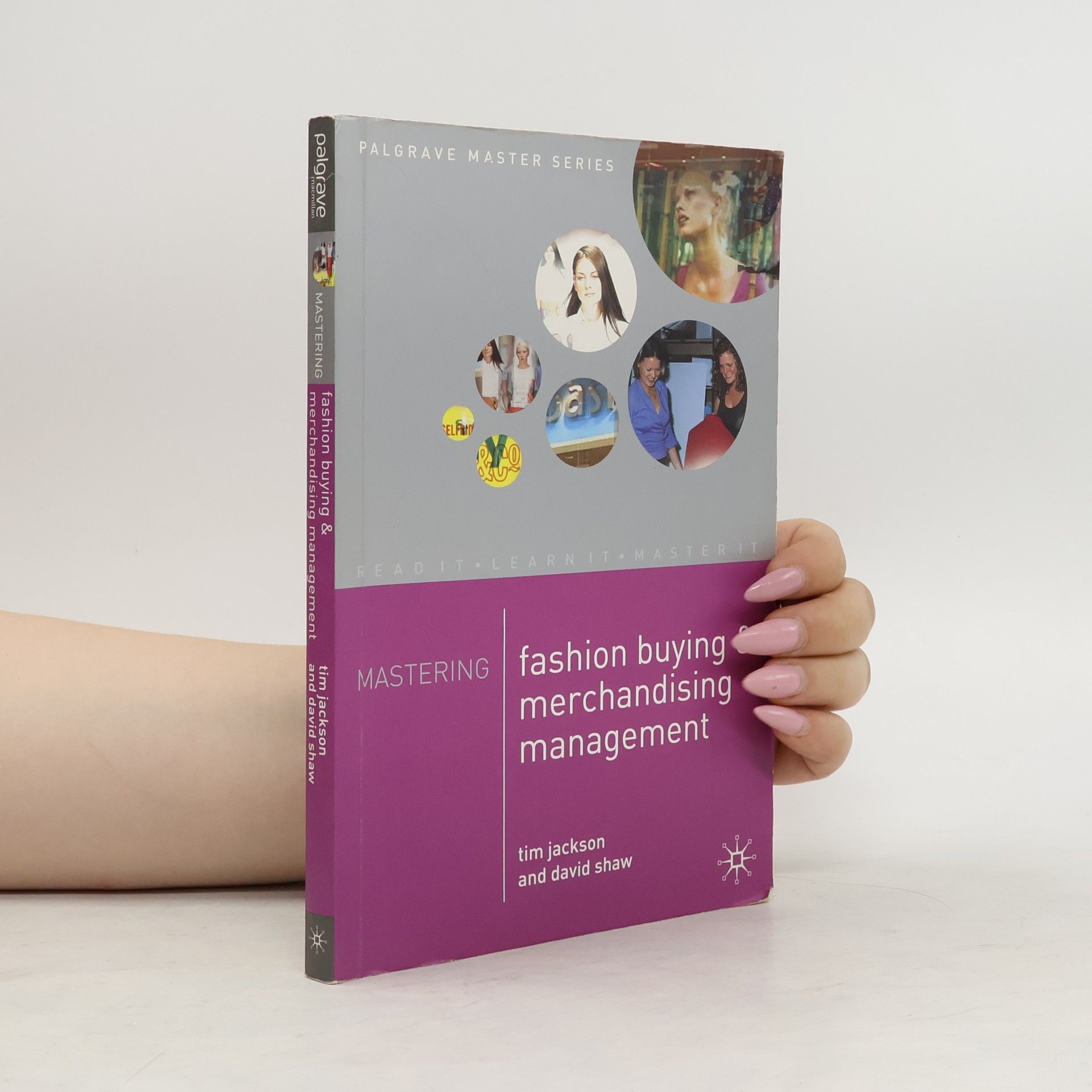


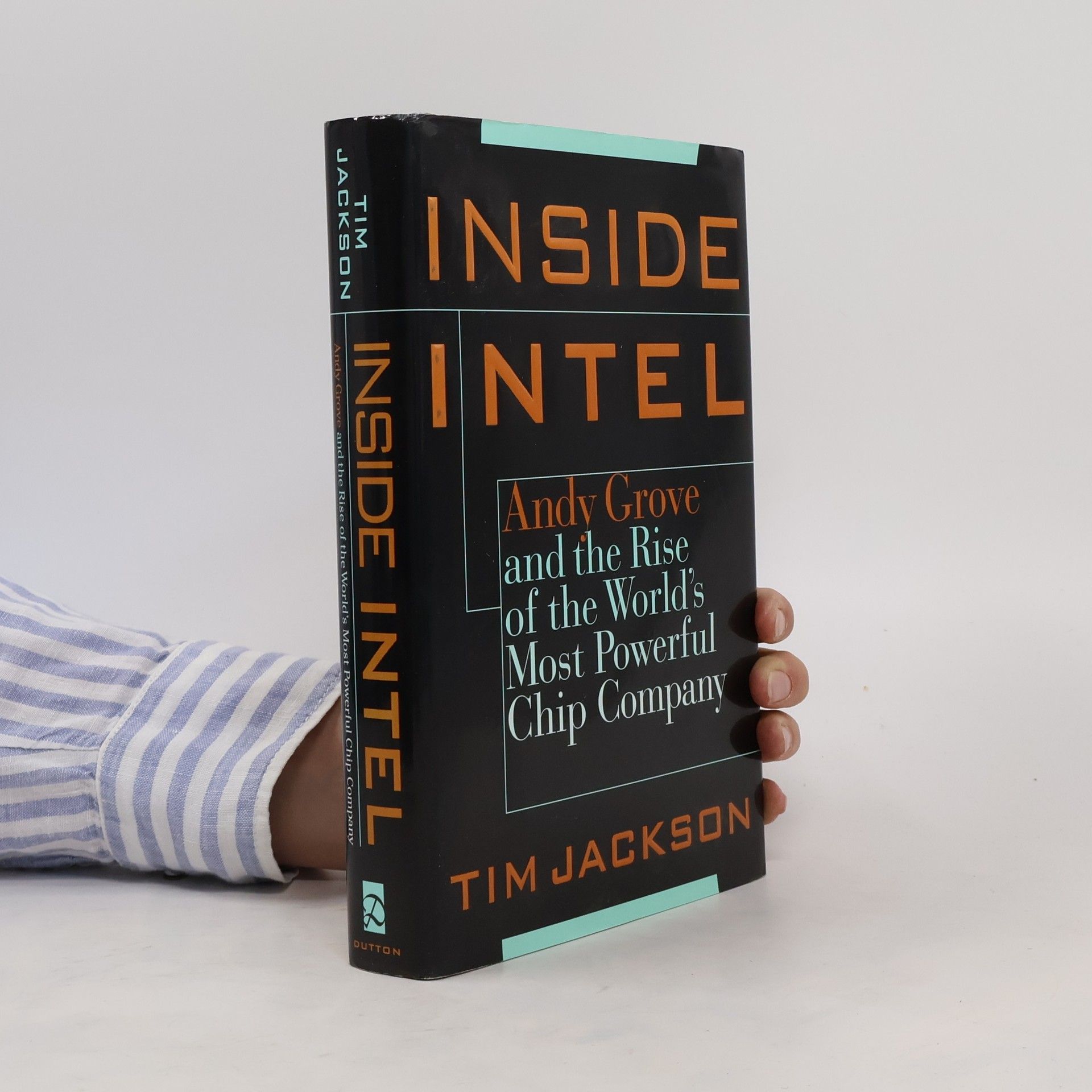
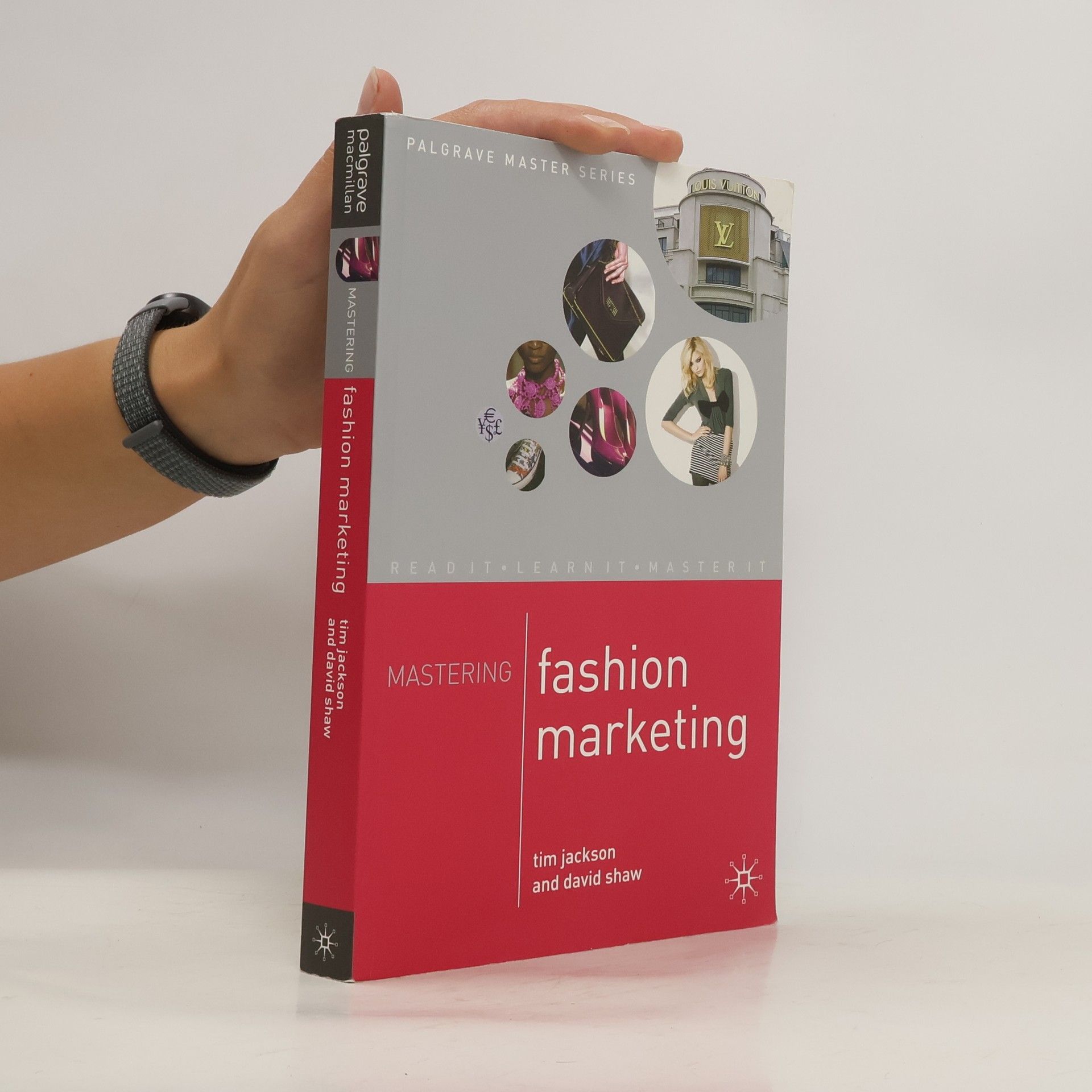

Mastering fashion marketing
- 240pages
- 9 heures de lecture
This is the first book on the subject that combines contemporary marketing theory with analysis of operational marketing practice within the fashion industry. It contains the views of key practitioners and much original case study material from leading fashion organizations to provide unique insights into the reality of fashion marketing.
Inside Intel
Andy Grove and the Rise of the World's Most Powerful Chip Company
An experienced business journalist presents the first detailed look inside the inner workings of Intel, a leading company in microchip technology, revealing its authoritarian corporate culture and the competitive tactics of its chairman, Andrew Grove. 35,000 first printing.
Richard Branson, Britain's 15th-richest man and one of its most prominent businessmen, was voted the country's leading role model among young people. He is full of paradoxes: he is a self-publicist who claims to be fiercely shy, a motivator of others who wore odd socks on the day of the launch of his airline, and a billionaire who borrows fivers without hesitation from friends and employees.
Prosperity without Growth
- 350pages
- 13 heures de lecture
What can prosperity possibly mean in a world of environmental and social limits? The publication of Prosperity without Growth was a landmark in the sustainability debate. Tim Jackson s piercing challenge to conventional economics openly questioned the most highly prized goal of politicians and economists alike: the continued pursuit of exponential economic growth. Its findings provoked controversy, inspired debate and led to a new wave of research building on its arguments and conclusions. This substantially revised and re-written edition updates those arguments and considerably expands upon them. Jackson demonstrates that building a post-growth economy is a precise, definable and meaningful task. Starting from clear first principles, he sets out the dimensions of that task: the nature of enterprise; the quality of our working lives; the structure of investment; and the role of the money supply. He shows how the economy of tomorrow may be transformed in ways that protect employment, facilitate social investment, reduce inequality and deliver both ecological and financial stability. Seven years after it was first published, Prosperity without Growth is no longer a radical narrative whispered by a marginal fringe, but an essential vision of social progress in a post-crisis world. Fulfilling that vision is simply the most urgent task of our times. "
Mastering fashion buying and merchandising management
- 300pages
- 11 heures de lecture
The first academic textbook covering European retail fashion buying and merchandising. It provides a unique insight into best practice across the fashion industry.
Our prevailing vision of social progress is fatally dependent on a false promise: that there will always be more and more for everyone. Forged in the crucible of capitalism, this foundational myth has come dangerously unravelled. The relentless pursuit of eternal growth has delivered ecological destruction, financial fragility, social instability and the biggest global health crisis in a century. What should we do when our myths desert us? How are we to adjust to a new economic normal? What does life after capitalism look like? Weaving together philosophical reflection, economic insight and social vision, Tim Jackson’s provocative thesis is that a post growth society is a richer, not a poorer one. Material progress has changed our lives – in many ways for the better. But the luxury of having can too easily obscure the happiness of belonging, the satisfaction of achieving and the simple lightness of being. A genuine prosperity demands a deeper respect for relationship and meaning than capitalism allows. Jackson’s far-reaching essay is both a manifesto for system change and an invitation to rekindle a deeper conversation about the nature of the human condition.
Als Tim Jacksons Buch »Wohlstand ohne Wachstum« vor sieben Jahren erstmals erschien, avancierte es schnell zum Standardwerk. »Unsere gesamte Wirtschaftsordnung baut auf ewigem Wachstum auf – aber nun brauchen wir einen anderen Motor«, lautete die kurze wie brisante Diagnose des renommierten britischen Ökonomen – und daran hat sich nichts geändert. Die Notwendigkeit umzusteuern ist dringlicher denn je, und so kommt die komplett überarbeitete Neuauflage der »Bibel der Wachstumskritik« gerade zur rechten Zeit. Das Buch bietet eine fundierte Analyse der Auswirkungen der Finanzkrisen, legt den Fokus auf die ganze Welt und schildert die Herausforderungen und Chancen einer Postwachstumsgesellschaft, welche die öko-logischen Grenzen unseres Planeten nicht überschreitet und trotzdem in Wohlstand lebt.
Wie wollen wir leben?
Wege aus dem Wachstumswahn
»Tim Jackson nimmt die Ökonomie in die Verantwortung und skizziert, wie sie eine Wirtschaft vordenken kann, die im Dienst von Mensch und Natur steht.« Maja Göpel Seit Jahrzehnten richten wir unser Leben an der Überzeugung aus, dass »besser« auch immer »mehr« heißen muss. Doch das Streben nach ständigem Wachstum hat zu ökologischer Zerstörung, sozialer Instabilität und einer globalen Gesundheitskrise geführt. Wenn Wachstum uns so sehr schadet, warum verabschieden wir uns dann nicht davon? Tim Jackson stellt dem Mythos Wachstum seine Vision einer Gesellschaft gegenüber, die uns ohne Wachstum reicher macht statt ärmer. Sein Buch ist nicht nur ein Manifest für ein anderes Wirtschaftssystem, sondern vor allem eine Einladung, darüber nachzudenken, was das Leben lebenswert macht.
